- Home
- /
- Stories
Stories
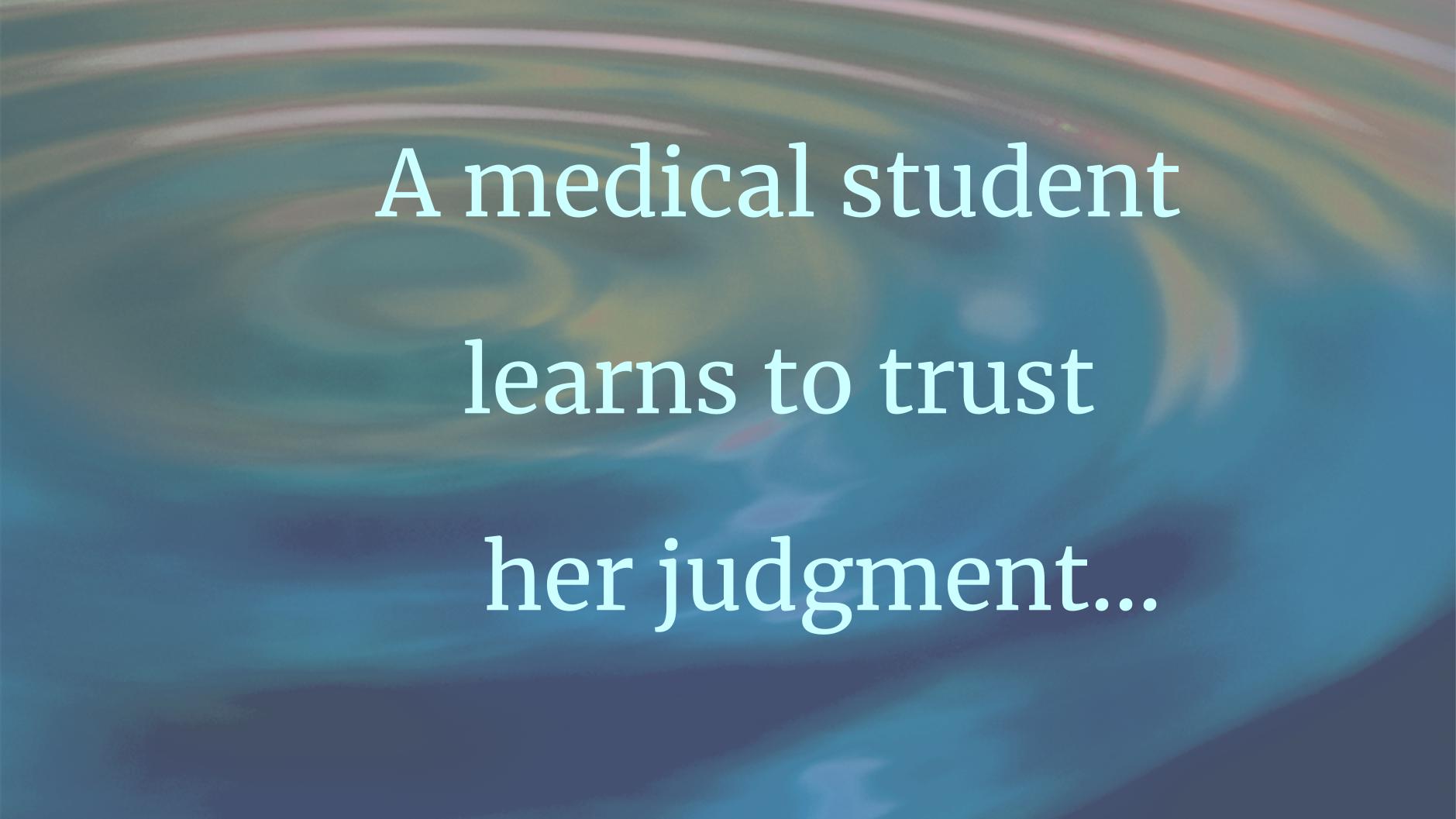
Sounding the Alarm
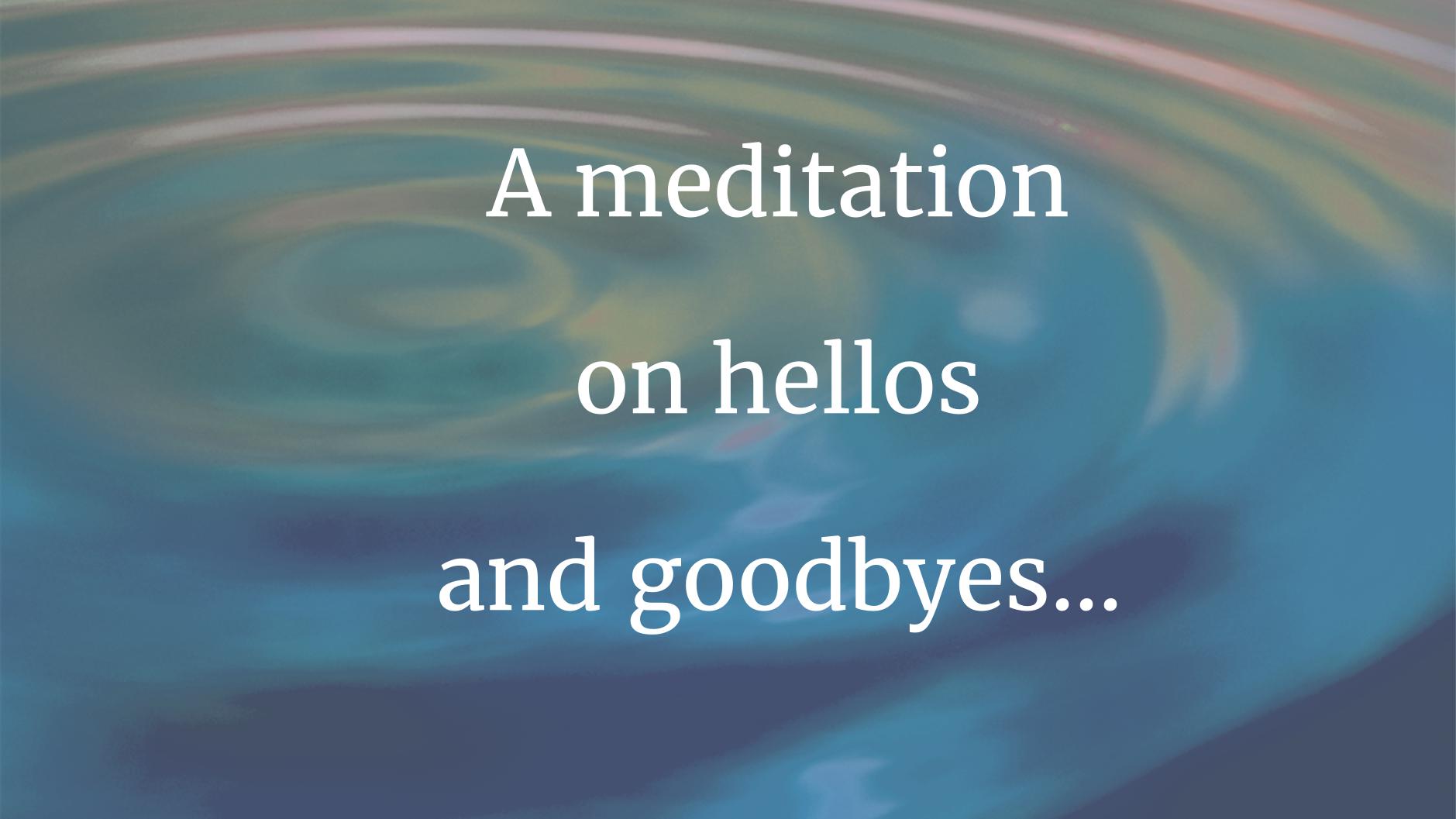
Greetings and Salutations
I have seen tribesmen in the West African country of Mali meet each other on a narrow dirt path and stop to spend several minutes chanting highly scripted greetings. When they part, shortly afterwards, there is an equally elaborate farewell.
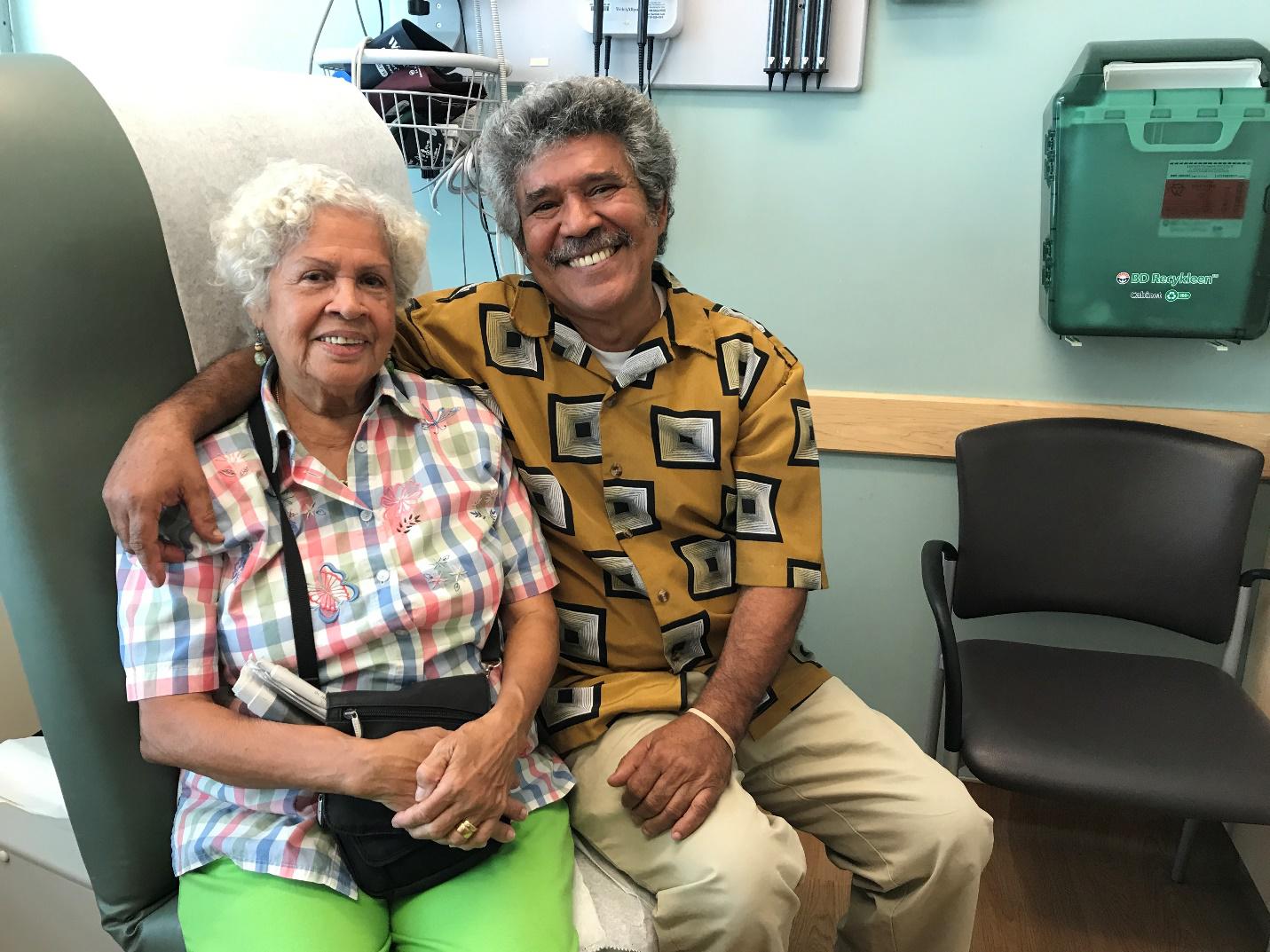
Lovebirds
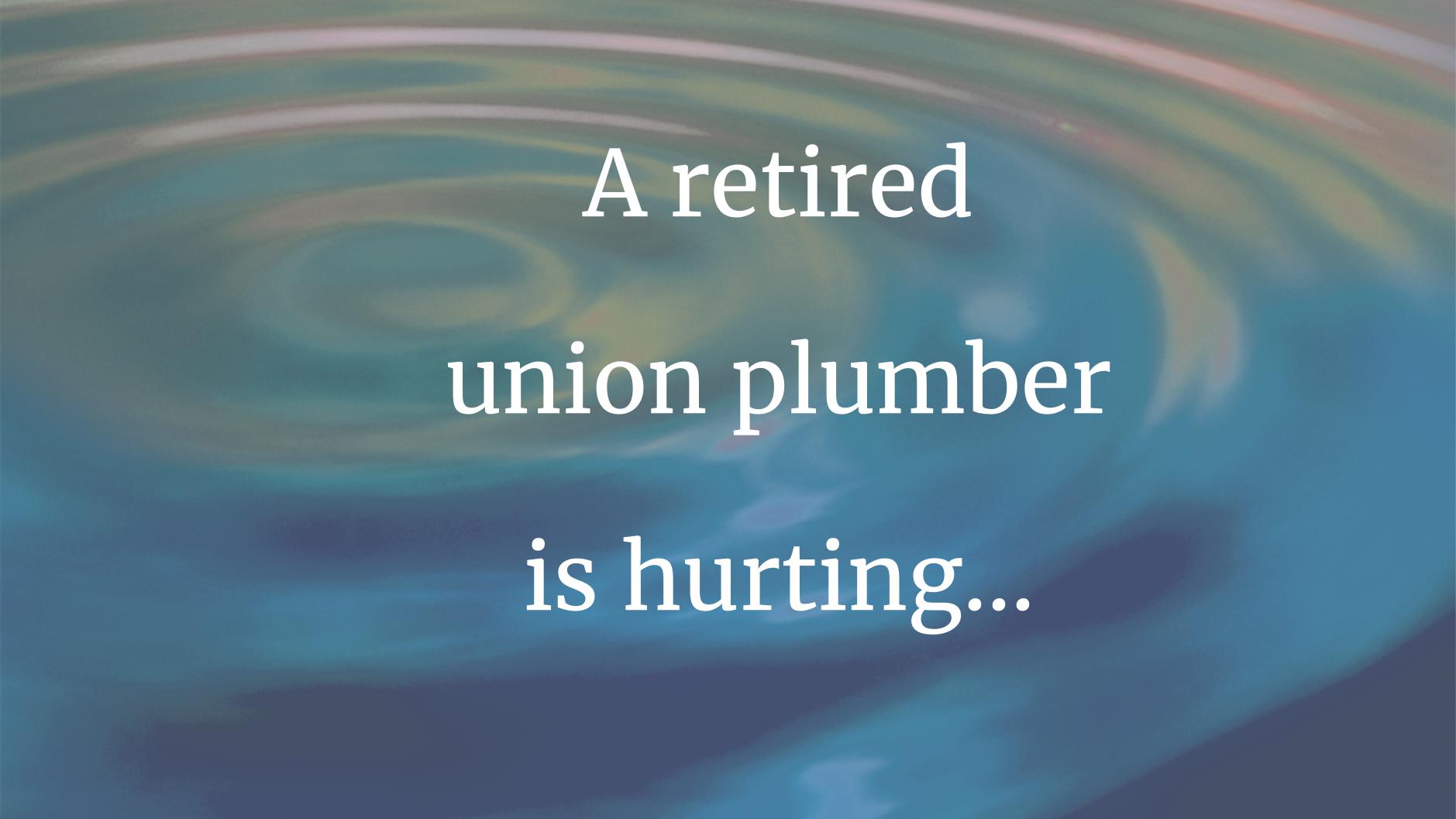
King of Pain
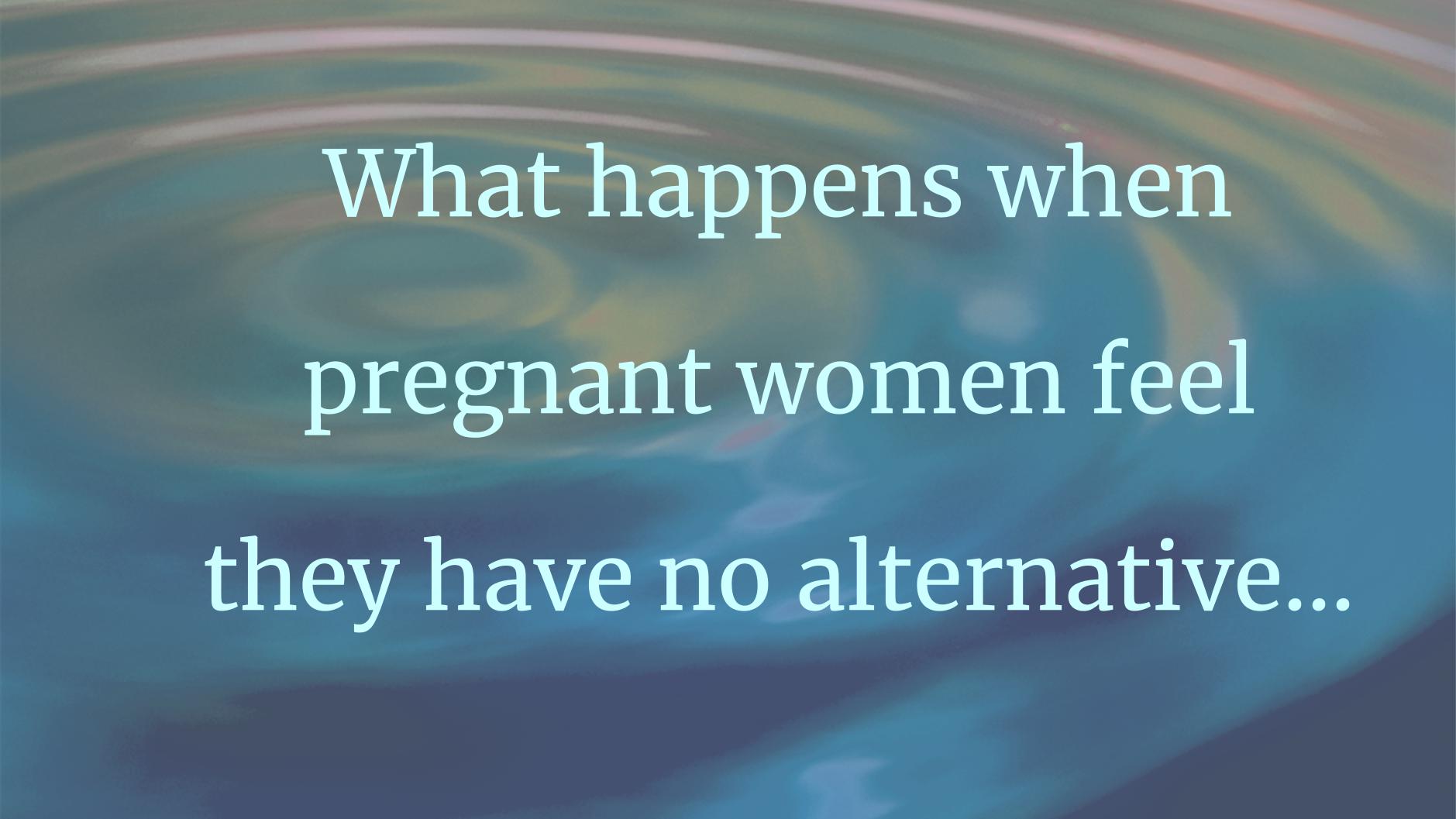
Desperate Measures
In my very first job as a doctor, working in a London hospital in the 1980s, I always took a ridiculously detailed past medical history for every patient I saw. I started to notice how many elderly women had had septicemia, a life-threatening infection in which enormous amounts of bacteria enter the bloodstream.
The neighborhood surrounding the hospital had once been the worst slum in London, and it didn’t take me long to guess that these infections were probably caused by illegal self-induced abortions during the hungry years of the Depression.
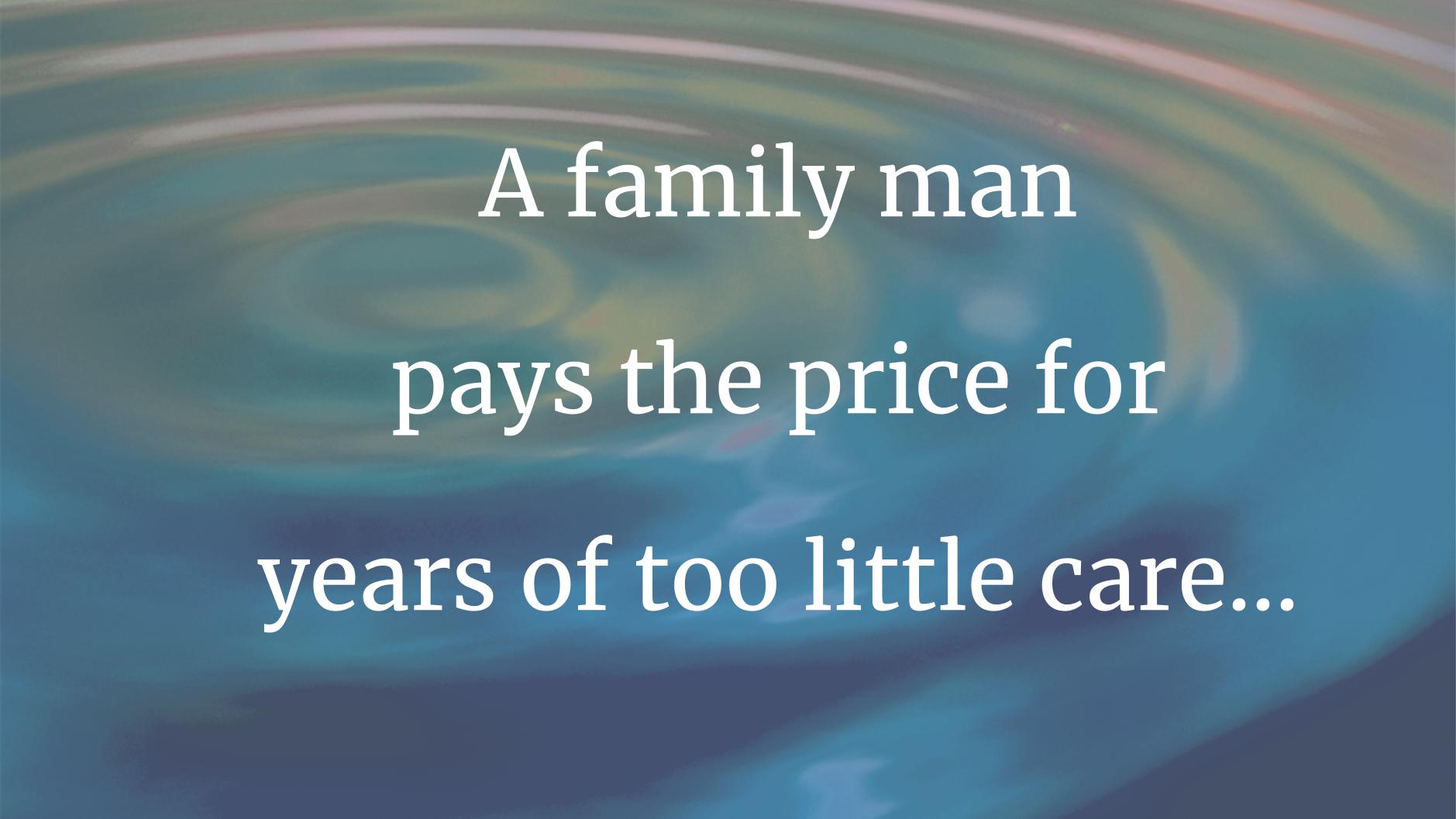
Breadwinner
The first thing I notice are the dark circles under Mr. Jones’s eyes.
It’s 4:30 pm on a Wednesday during my third year of medical school. I’m in the fifth week of my family-medicine rotation, and we’re deep into our daily routine: triage, history, physical examination, differential diagnosis, present the case to the attending physician, repeat.
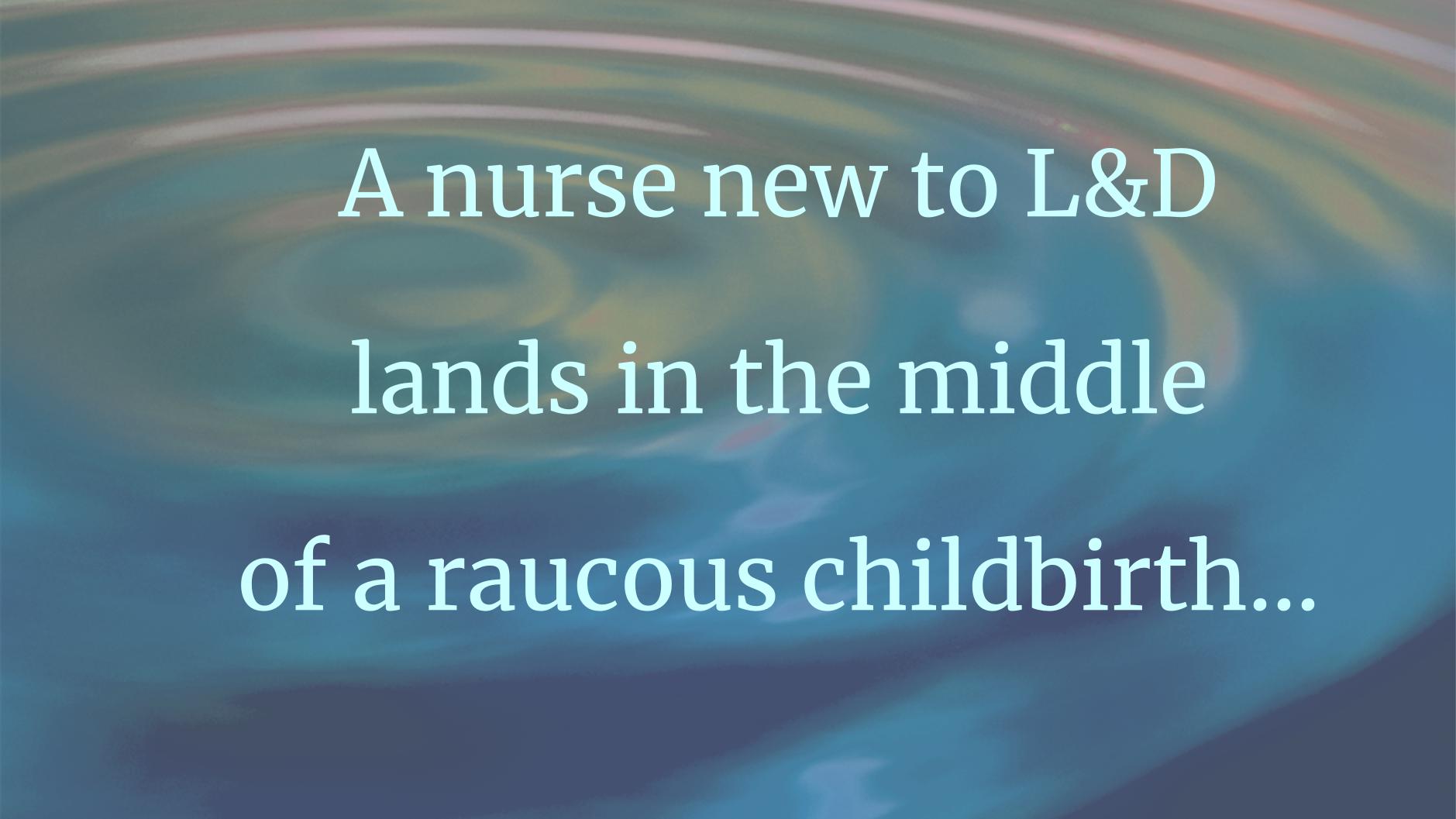
Birth of a Midwife
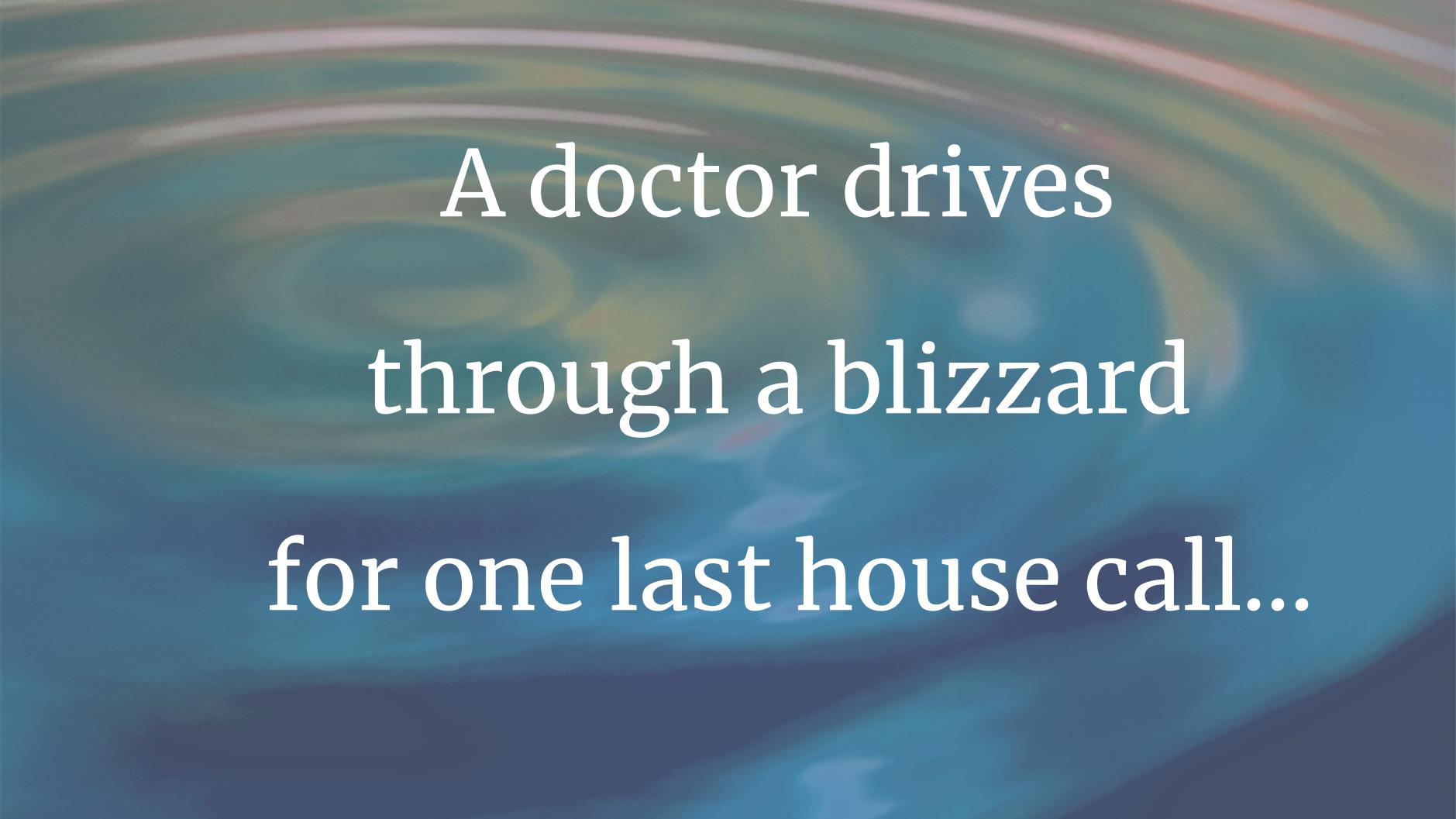
A Flower in Winter
It’s winter of 1993. A cold, snowy day. Windy. A blizzard. The phone rings.
I’m not on call for my patients today–except for one. Daisy has been in my care since the early 1970s, and given the risk that she may suffer a serious downturn, I’ve instructed her nursing home to call me whenever necessary.
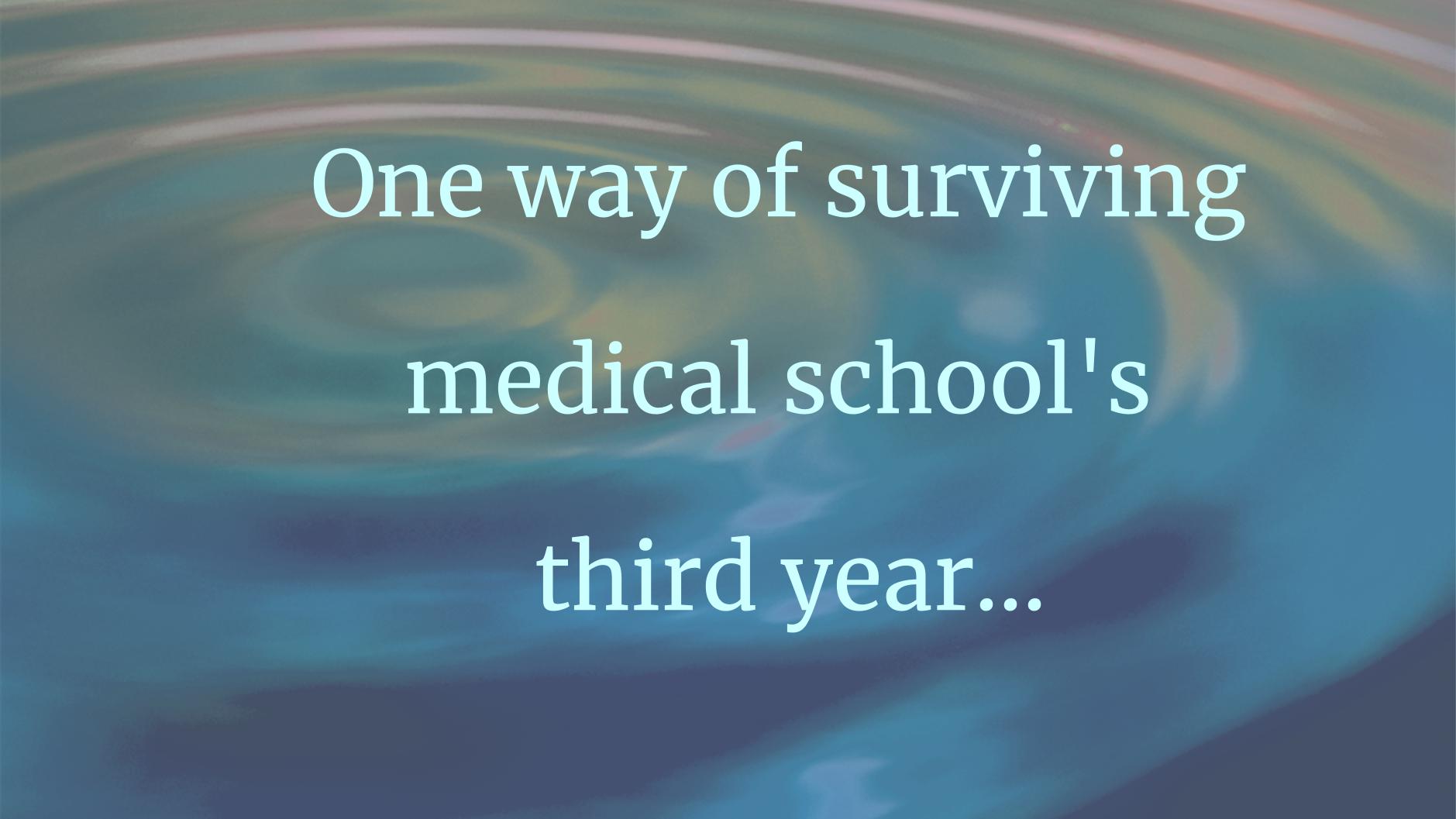
Being There
Answer: Based on my observations, it’s the Christian Bible. During my psychiatry rotation in the third year of medical school, I saw so many patients researching, reading and preaching the word of God. Clearly, in those pages they found something they needed: vengeance against those who’d wronged them, a secret prophecy, confirmation of their sanity. Or maybe they saw the central message: “You’re loved. We (God, humans, nature, whatever) care for you and will take care of you. We understand you.”
